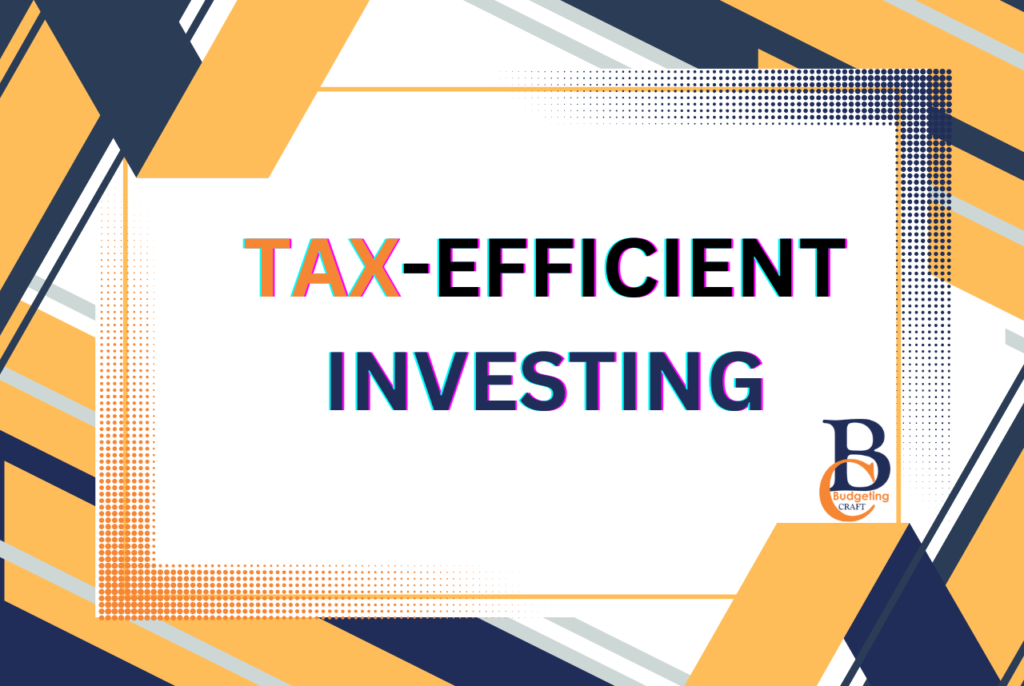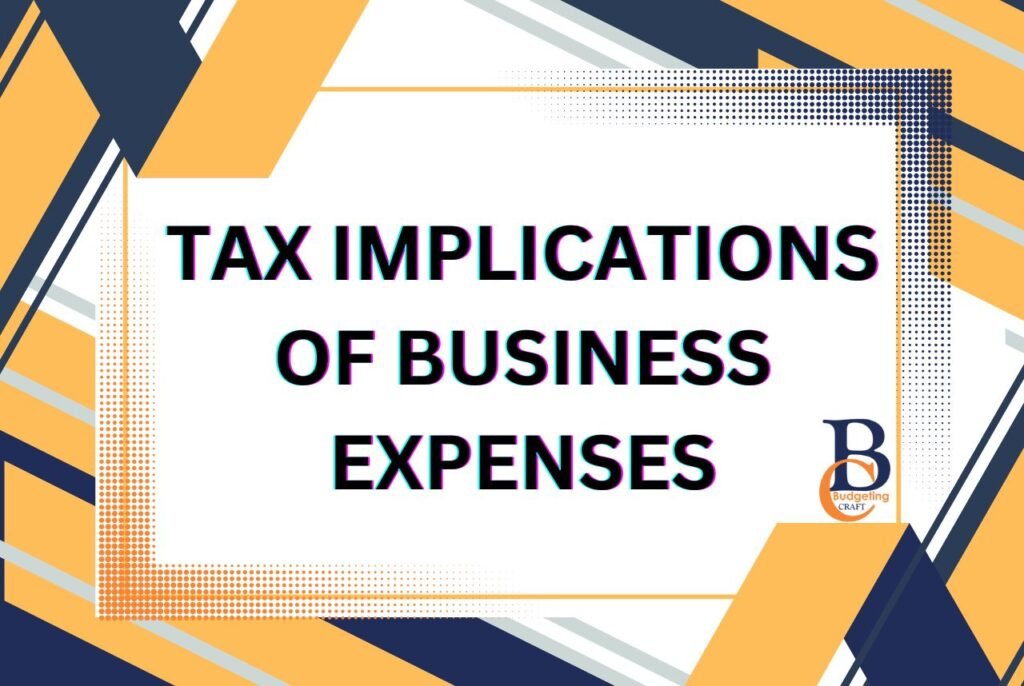Introduction
You can effectively lessen your overall tax burden by reducing your taxable income. Through available deductions, credits, and strategic investments, the amount of income to be subjected to taxation can be drastically reduced. This guide will explore a number of methods to reduce taxable income and help in keeping more of one’s earnings for financial stability.
Key Strategies to Reduce Taxable Income
1. Maximize Tax-Deferred Retirement Contributions
Perhaps one of the easiest ways to reduce taxable income is by contributing to tax-deferred retirement accounts like 401(k) and Traditional IRAs. You can contribute to these accounts with pretax dollars, which reduce taxable income for the year. For the year 2023, the maximum an individual may contribute to a 401(k) is $22,500 plus $7,500 as a catch-up contribution for those aged 50 and above. For IRA contributions, the limit is $6,500-plus a $1,000 catch-up contribution.
Why It Works:
- Tax Deferral: Contributions are made pre-tax, which lowers your taxable income for the year.
- Compounding Growth: Earnings from these investments grow tax-free until withdrawal, which could be much larger than simple interest over time.
2. Health Savings Accounts (HSAs)
Triple tax advantage: Contributions are deductible, earnings grow tax-free, and withdrawals for qualified medical expenses are tax-free. It is an excellent tool to offset your taxable income. You must be enrolled in a high-deductible health plan to qualify. The maximum contribution for 2023 is $3,850 for individuals and $7,750 for families, plus an additional $1,000 catch-up contribution for those 55 and older.
Benefits of HSAs:
- Triple Tax Advantage: Contributions are tax-deductible, earnings grow tax-free, and withdrawals for qualified medical expenses are also tax-free.
- Long-term savings: The most valuable benefit of an HSA is in its long-term savings capabilities. HSAs can be used to save for healthcare costs in retirement, providing a tax-efficient way to plan for future medical expenses.
3. Claim Business Expenses and Deductions
In case you are self-employed, or have a business, you can deduct the following business expenses against your income. This will include office supplies, traveling expenses, advertisements, and even partly home expenses in case you use a part of your home for running the business. You need to keep comprehensive records and receipts regarding such expenses as proof for all these deductions.
Common Business Deductions:
- Home Office Deduction: If you use part of your home exclusively for business, you may be able to deduct a portion of your mortgage or rent, utilities, and other related expenses.
- Equipment and Supplies: You can deduct the cost of business equipment and supplies such as computers, software, and office furniture.
- Travel and Meals: Just about any business-related travel expense can be deductible, including flights, hotels, and even meals. The meals are usually deductible at 50%.
4. Claim Education Credits and Deductions
Tax benefits for education such as the American Opportunity Credit and the Lifetime Learning Credit may help you lower your taxes. You can claim the American Opportunity Credit for up to $2,500 per eligible student per year for tuition and related expenses for the first four years of higher education. Lifetime Learning Credit helps you claim a credit up to $2,000 per return for qualified education expenses.
Education Credits:
- American Opportunity Credit: Tuition, fees, and course materials for the first four years of post-secondary education are covered. Forty percent of the credit could be refundable.
- Lifetime Learning Credit: It is in addition to and available for an unlimited number of years, for all qualified education expenses. The course can be either to learn or improve job skills.
5. Make Charitable Contributions
Charitable contributions to qualified organizations are deductible. The donations may include monetary, goods as well as stocks. If the charitable donation is in cash form, generally you can deduct up to 60% of your adjusted gross income. Your deduction for non-cash donations may be limited. You should keep records and obtain receipts for all donations.
Charitable Giving Tips
- Itemize Your Deductions: You can only deduct charitable contributions if you itemize your deductions. This means you forgo the standard deduction.
- Eligible Organizations: You can be sure the charity is considered by the IRS to be a tax-exempt organization.
More Ways to Reduce Taxable Income
1. Tax-Loss Harvesting
Tax-loss harvesting is the process of selling your investments that have declined in value and offsetting capital gains from other investments. This is a tactic that makes you reduce your taxable income by matching your gains with losses. Remember that the wash-sale rule prevents one from repurchasing the substantially identical security or same security within 30 days of sale.
Strategic Benefits:
- Offset Capital Gains- Lower overall tax liability by using losses to offset gains.
- Rebalancing: The chance to rebalance an investment portfolio without having to pay extra in taxes.
2. Take advantage of FSAs
FSAs allow you to pay with pretax dollars for medical and dependent care expenses, hence reduce taxable income. The maximum amount that can be contributed to healthcare FSAs for 2023 is $3,050, while for dependent care FSAs, the limit is $5,000. Note that FSAs are use-it-or-lose-it accounts, meaning you have to use the money in that plan year or you will lose it.
Key Points:
- Pre-Tax Contributions: Contributions can be made with pretax dollars that reduce taxable income.
- Eligible Expenses: cover a wide range of medical and dependent care expenses
3. Invest in Municipal Bonds
The interest earned on municipal bonds is not subject to federal income taxes and, sometimes even state and local taxes. That makes municipal bonds one of the most attractive instruments to reduce taxable income, especially for people in the higher income brackets.
Benefits of Municipal Bonds:
- Tax-Exempt Income: It aids in decreasing taxable income and thus overall tax liability.
- By nature, they are generally lower in risk compared to equities.
4. Defer Income
If you have the capacity for flexibility when it comes to controlling when your income is received, then defer some next year. This would be an especially effective strategy if you think you can be in a lower bracket in the coming years. For example, sometimes, bonus money, income generated by self-employment, and retirement account withdrawals qualify.
Ways to Defer Income:
- Retirement Accounts: Contribute more to retirement accounts.
- Business Income: Delay billing or income recognition.
5. Deduct Mortgage Interest
If you are a homeowner, the interest that you pay on your mortgage may be deductible from your taxes. This could be one of the larger deductions you can obtain, as in the first years of a mortgage, much of your payment goes toward interest. The limit for this deduction is on interest for mortgages up to $750,000 of mortgage debt, or $1 million if the mortgage was dated before December 15th, 2017.
How It Works:
- Eligibility: The residence needs to be qualified; it can be a primary or secondary residence.
- Record Keeping: This requires prudent recordkeeping of the amount paid as interest on mortgage.
Long-Term Strategies to Reduce Taxable Income
1. Periodic Check on Tax Situation
A person should undergo periodic checks on his or her tax situation and modify the strategies appropriately. Life changes, variation in incomes, and changes in the taxation laws may affect one’s tax liability. Only awareness and being proactive will enable the continuation of availing benefits related to tax-savings.
Why It’s Important:
- Maximize Benefits: Make sure that you are taking complete advantage of all available deductions and credits.
- Avoid Penalties: Stay current about new regulations to avoid penalties and interest.
2. Consider Investing in Professional Tax Planning
Engage the services of a tax professional who will bring insight and strategies into your special financial situation. A tax advisor will be in a position to lead you through the complex tax laws and point out the best deductions and credits to use to enable you to plan for future tax savings.
Benefits of Professional Guidance:
- Expertise: Access to specialist knowledge and experience.
- Customised Advice: Tailored strategies matched with your financial goals.
3. Plan for Major Life Events
Major life events like marriage, birth of a child, house purchase, or retirement have a significant impact on your tax situation. You can plan major life events well in advance to maximize benefits and reduce unwanted tax liabilities.
Examples of Events that Affect Taxes:
- Marriage: Pooling your incomes can change your tax bracket and the credits you’re eligible for.
- Buying a House: Mortgage interest and property taxes may allow you to itemize and greatly reduce taxable income.
4. Claim Education Credits
If you or one of your dependents goes to college, you may claim one of two education-related credits. The American Opportunity Credit provides up to $2,500 per eligible student, while the Lifetime Learning Credit has a limit of $2,000 per return.
Eligibility Requirements:
- American Opportunity Credit: Can be claimed for the first four years of post-secondary education.
- Lifetime Learning Credit: Can be claimed for all higher levels of post-secondary education and for courses to acquire or improve job skills.
5. Keep Good Records
Good records help you keep track of your income and expenses, which translates into greater tax savings. Good record-keeping can also ensure you are prepared in case of an audit by the IRS.
Some of the Records You Should Keep:
- Receipts and Invoices: For all deductible expenses.
- Statements: Bank and brokerage statements reflecting income and expenses.
- Tax Returns: Keep a copy of your tax returns for at least seven years.
Conclusion
Minimizing one’s taxable income is one big strategy to minimize the growth in one’s tax burden and optimize financial welfare. Know and enact these strategies, and take control over your taxes to keep more of your hard-earned money. Remember that tax planning is a process; one needs to be precise, alert, and always ready for making the most of all the available tax-saving opportunities. Keep yourself informed, where necessary seek professional advice, and review your finances frequently.
These include maximizing retirement account contributions, considering HSAs, writing off business expenses and deductions, and utilizing credits and deductions that are related to education expenses.
The most valued advantages are as follows: contributions to an HSA are tax-deductible, thereby reduce taxable income; the earnings grow tax-free; and withdrawals for qualified medical expenses are tax-free, providing a triple tax advantage
Yes, charitable contributions to qualified organizations are tax-deductible. This can significantly reduce taxable income, especially if you itemize your deductions rather than taking the standard deduction.
If there are investments to be sold that have gone down in value, one would sell those investments against gains from other investments. This can reduce taxable income down to a minimum and quite possibly lower one's overall tax liability through balancing out gains and losses.
Regular reviews of your tax situation ensure that deductions and credits available to you are maximized, you keep within the legal confines, and that you are knowledgeable about your financial decisions. Such steps on your part, in advance, can prevent any fines or penalties and optimize all possible tax savings.



